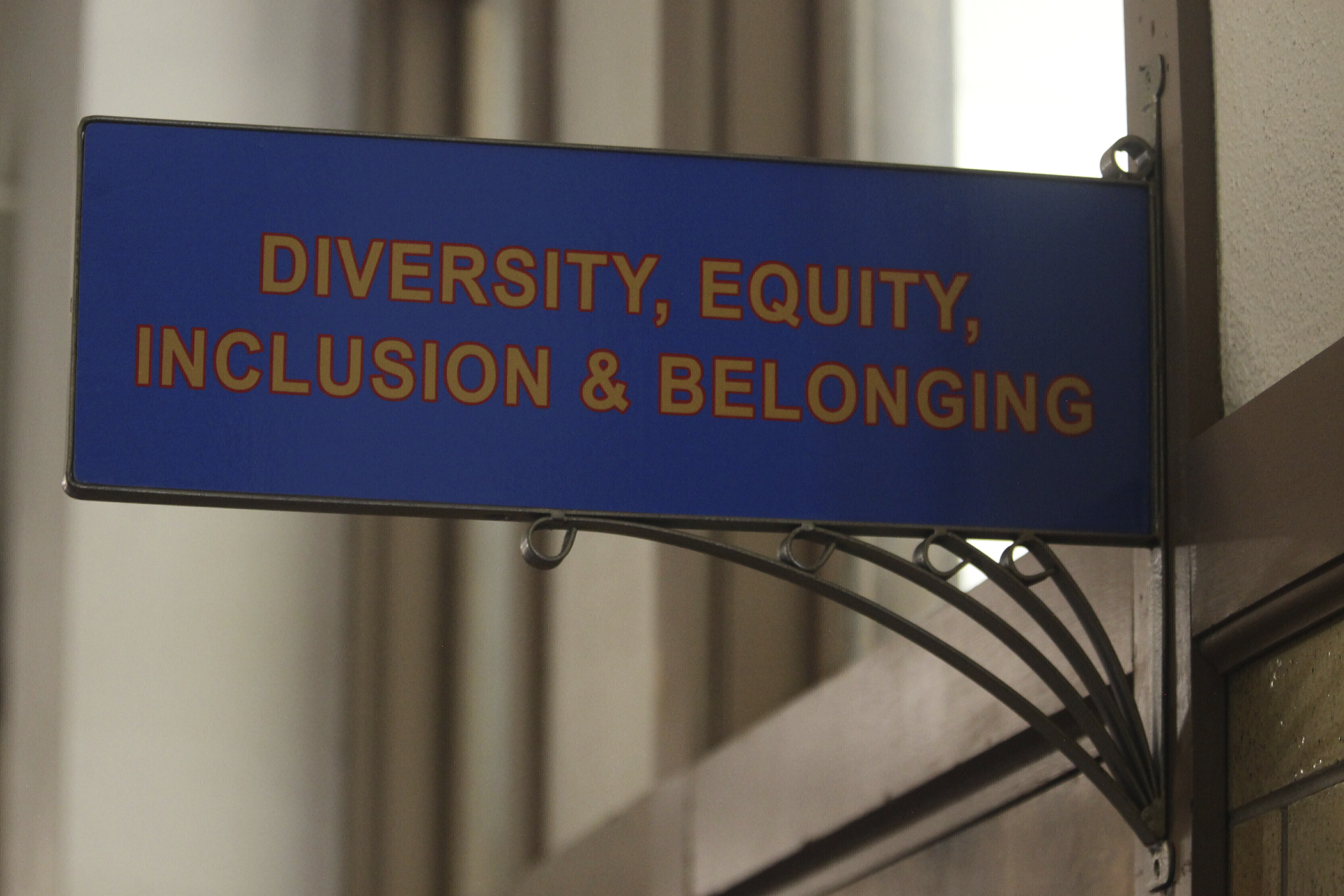Tennessee lawmakers last week passed a $447 million school-choice bill that proponents see as a massive step forward for families trying to maximize their children’s education. The bill, now awaiting the autograph of Republican Governor Bill Lee, is known as the Education Freedom Act. It provides for any of the state’s children to attend a private school without regard to their income or zip code.
The bill provides 20,000 scholarships of around $7,000 each for the next school year at an estimated cost of $350 million to the general fund. Half of those would be designated for lower-income or disabled students.
“It's a huge win. I mean, this makes Tennessee the 13th state to go all in on school choice, passing a universal school-choice program, which means it's available to everyone. There's no more picking winners and losers,” school choice advocate Corey DeAngelis said on American Family Radio Tuesday.
It includes a one-time bonus of $2,000 for teachers and uses lottery and sports betting taxes to support public school infrastructure.
Critics argue the bill will take money away from public schools and benefit private schools, while supporters believe it will improve education choice and competition.
DeAngelis, a senior fellow at the American Culture Project, told show host Jenna Ellis one factor in the rise of support for school choice is that teachers’ unions were exposed during the "Zoom-learning" wave of COVID-19.
“The teachers unions overplayed their hand during the COVID era, showed families what was happening in the classroom via Zoom school or remote learning, and conservatives were upset in particular about the curriculum that wasn't aligned with their values," he stated.
The impacts of COVID-era Zoom learning are still felt. Test scores have gone down nationally as a result of online education, studies show. Florida students, for example, scored significantly worse on national reading tests taken in 2024 than in 2022, mirroring a continuing national decline since the pandemic, The Orlando Sentinel reported.
"Now we have 13 states led by Republicans that have passed universal school-choice policies,” DeAngelis added. That popularity is increasing at the federal level too.
Congress working on its version
The Educational Choice for Children Act is making its way through Congress right now. It passed the House Ways and Means Committee last September and is awaiting a full vote on the House floor. The bill would provide $10 billion in annual tax credits divided among the states and made available on a first-come, first-served basis. There’s parallel legislation in the hopper in the Senate.
Adrian Smith and Burgess Owens are working on the legislation in the House. In the Senate it’s Bill Cassidy, Tim Scott, Steve Daines and Todd Young. All are Republicans.
“Families across the country have looked over the shoulders of their children and have realized that education was not up to par. We just came out of a study that showed that only 30% of our country’s kids are proficient in math and reading. That is unacceptable,” Burgess, a member of the Senate Education Committee, said on Washington Watch Monday.
The Education Choice for Children Act is an opportunity for individuals and corporations to invest in nonprofit “Scholarship Granting Organizations,” he told show host Tony Perkins.

The SGOs are not linked to the Department of Education. Tax credits can be requested and distributed after investment in an SGO, Owens explained.
“Parents can then request funds for anything they want to – public or private, parochial, homeschool, anything they want – and that money then comes in to send their kids through the educational process,” he said.
The program would be the first step to bring education in line with President Donald Trump’s merit-based approach to government, Owens said. “It’s truly bringing meritocracy into the process of education … and at some point, we’re going to figure out a way to reward the best teachers in our country,” he added.
School choice has advanced more in the last four years than in the previous four decades, DeAngelis said.
Trump, who has called for the elimination of the Department of Education, gave a shoutout to Tennessee lawmakers for passing the bill “which I totally support,” he wrote on Truth Social last week.
“We will very soon be sending Education BACK TO THE STATES where it belongs,” the president added.
School choice has been a priority for Tennessee Gov. Lee, and he’s expected to sign the bill.
A spring wave of school choice?

DeAngelis believes other states will continue the school choice momentum, citing Wyoming, Idaho, New Hampshire, North Dakota, South Dakota and Texas that could all be poised to make it law.
“Lee actually called a special session to get it done, and each chamber passed it pretty handily. I'm looking at other states to do the same thing this year, including my home state of Texas which will be the biggest state with universal school choice if we can get it done,” he said.
The Texas bill is expected to pass in the Senate this week, and the House is expected to pass it before March, DeAngelis said. “I’m optimistic that’s going to happen,” he concluded.







